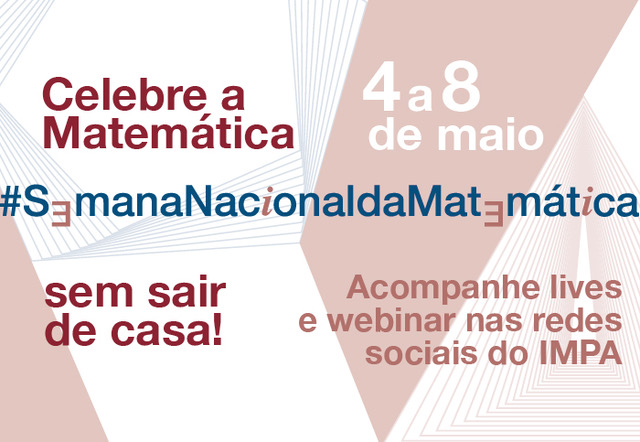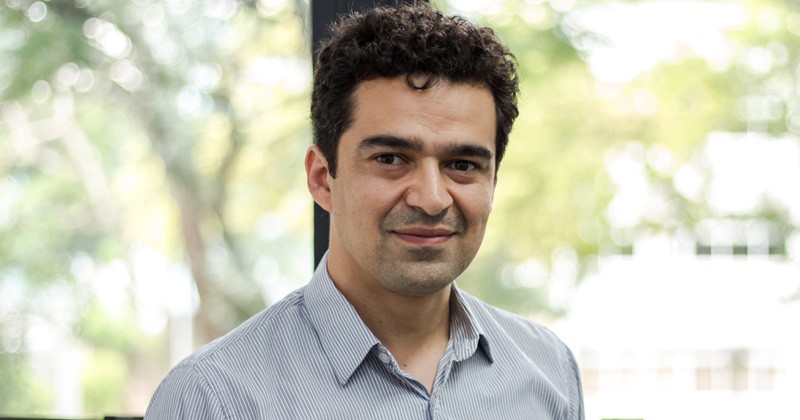Deniz Eroğlu is awarded with the prestigious Science Academy’s Young Scientist Prize in Physics.
Science Academy is an independent non-governmental organization to promote, practice and uphold the principles of scientific merit, freedom and integrity. A top priority for the Science Academy is encouraging the youth to engage in good science, and rewarding the best examples. In order to choose and reward the best young academics and to support them in conducting new studies, an award program was initiated in the year 2013. Scientists younger than 40 are eligible for the award.
In special, we are glad the research developed by Deniz’s research and his group, the NoDDS lab, has been recognized. See below all winners of 2021.
Link:




